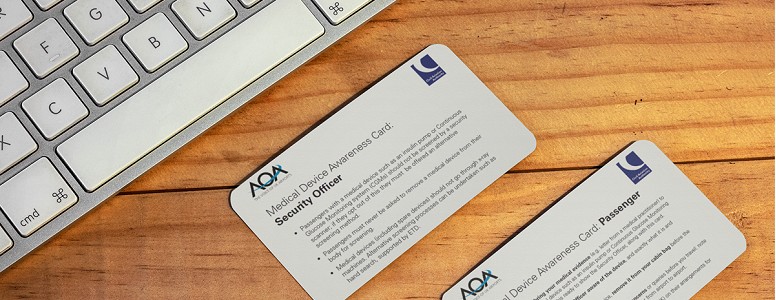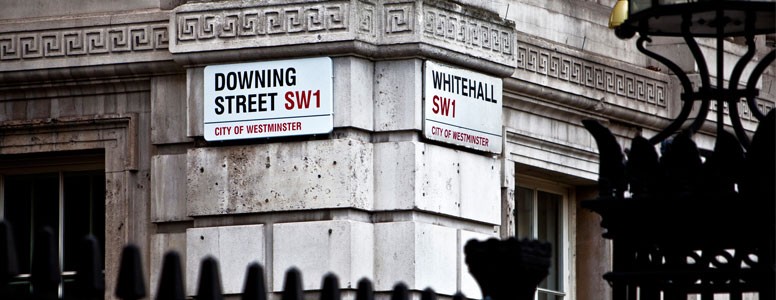A woman whose son was stopped at airport security because of his type 1 diabetes insulin pump has helped launch a medical device awareness card.
In 2016, Rachel Humphrey’s teenage son was not allowed to board a flight unless he disconnected his insulin pump so it could be X-rayed.
Insulin pump and continuous glucose monitoring (CGM) systems manufacturers advise that the medical devices should not be exposed to X-ray screening and full-body airport scanners.
The incident led Rachel to launch an awareness campaign, ensuring people who rely on these technology devices are not treated unfairly by airport security teams.
The Medical Device Awareness Card, sponsored by the UK Civil Aviation Authority (CAA) and Airport Operators Association (AOA), is now available to be downloaded online.
Rachel said: “Despite the protocols in place, there have been many negative experiences at airport security, including our own harrowing experience when my family were held in an airport police room for over two hours and denied access to an aircraft due to my son’s insulin pump, resulting in this global campaign and now the issue of the Medical Device Awareness Card. “The card provides information for both the Security Officer and the passenger.”
Card holders are encouraged to bring it along every time they travel abroad, make the security team aware of their medical device and remove any spare equipment before the bag is scanned.
The card should also be recognised by all airport security teams so they know anyone carrying one must be offered an alternative screening method and they must never be asked to remove a medical device from their body for screening.
Rachel added: “We also recommend that passengers [which] use the service that many UK airports offer of a discreet identifier (usually a ‘sunflower’ lanyard), for those who have a hidden or not so obvious medical condition or disability.”
Photo: Rachel Humphrey








